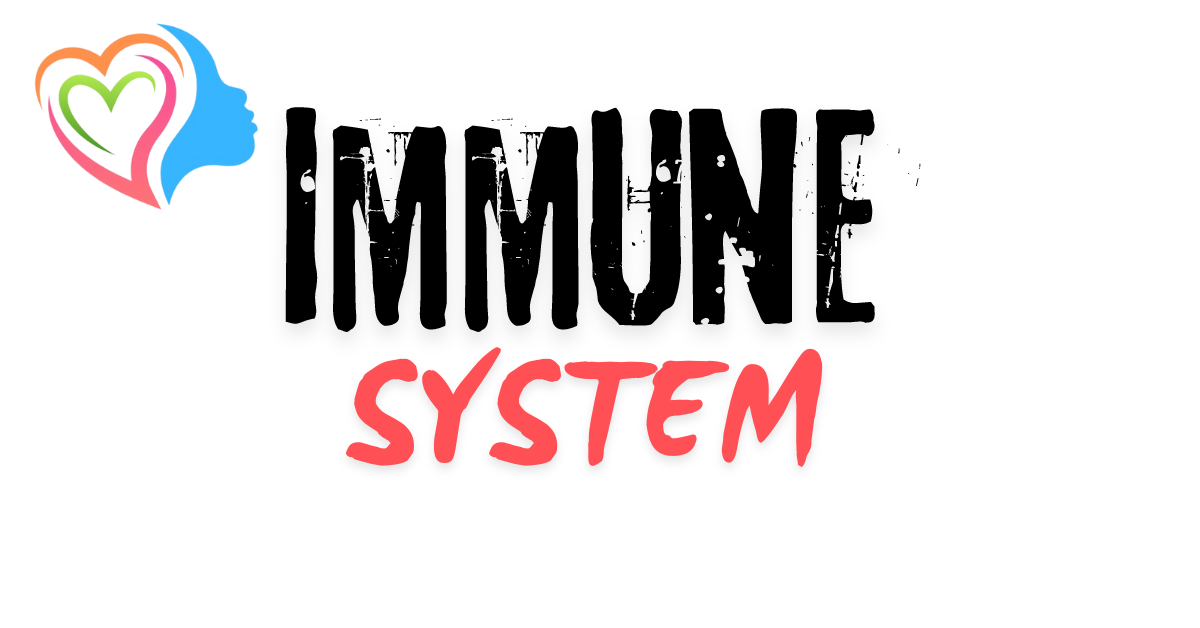
Immune System
The immune system is a sophisticated defense network that protects the body from harmful invaders such as viruses, bacteria, and fungi. Its primary function is to recognize and neutralize pathogens while distinguishing them from the body’s own healthy cells.
How Does the Immune System Work?
At its core, the immune system operates through a coordinated effort of various cells, tissues, and organs. Key players include white blood cells (such as lymphocytes and phagocytes), antibodies, and the lymphatic system. This intricate system works tirelessly to mount immune responses tailored to specific threats, ensuring rapid and effective defense mechanisms.
The Role of Vitamins and Minerals in Immune Health
Vitamins and minerals are vital for maintaining optimal immune function. Vitamin C, known for its antioxidant properties, supports immune cell function and enhances the body’s ability to combat infections. Similarly, zinc is crucial for the development and activity of immune cells, playing a pivotal role in both innate and adaptive immunity.
Common Myths and Facts About Immunity
Dispelling myths surrounding immunity is crucial for informed health decisions. While vitamin supplements can support immune health, they do not replace a balanced diet. Understanding that immunity is a complex interplay of genetics, lifestyle, and environmental factors helps in adopting effective immune-boosting strategies.
Natural Ways to Strengthen Your Immune System
Healthy lifestyle choices significantly impact immune resilience. Regular physical activity improves circulation and enhances immune surveillance against pathogens. Adequate sleep is equally essential, as it allows the body to repair and regenerate immune cells crucial for fighting infections.
Incorporating probiotics into the diet supports gut health, which is closely linked to immune function. Moreover, botanicals like echinacea and elderberry have been traditionally used to enhance immune responses, providing additional support during times of increased susceptibility to illnesses.
The Impact of Stress on Immune Function
Chronic stress can compromise immune function by triggering an inflammatory response and suppressing immune cell activity. Techniques such as mindfulness meditation, yoga, and deep breathing exercises help reduce stress levels, thereby supporting immune resilience and overall well-being.
How Diet and Nutrition Affect Your Immune System
A balanced diet rich in fruits, vegetables, lean proteins, and whole grains provides essential nutrients that support immune health. Antioxidants found in colorful fruits and vegetables protect cells from oxidative stress, while fiber-rich foods promote gut health and support a robust immune response.
Specific foods like garlic, known for its antimicrobial properties, and turmeric, with its anti-inflammatory effects, can further enhance immune function. Conversely, excessive consumption of sugary and processed foods may weaken immune defenses by promoting inflammation and compromising gut integrity.
Health Care For more information on maintaining a healthy immune system through lifestyle choices, visit LIFESTYLE & WELLNESS.
Conclusion
Understanding the complexities of the immune system and its interactions with diet, lifestyle, and stress is crucial for optimizing health outcomes. By adopting a balanced diet, engaging in regular physical activity, managing stress effectively, and making informed health choices, individuals can empower their immune systems to function at its best, thereby reducing the risk of infections and promoting overall well-being.





